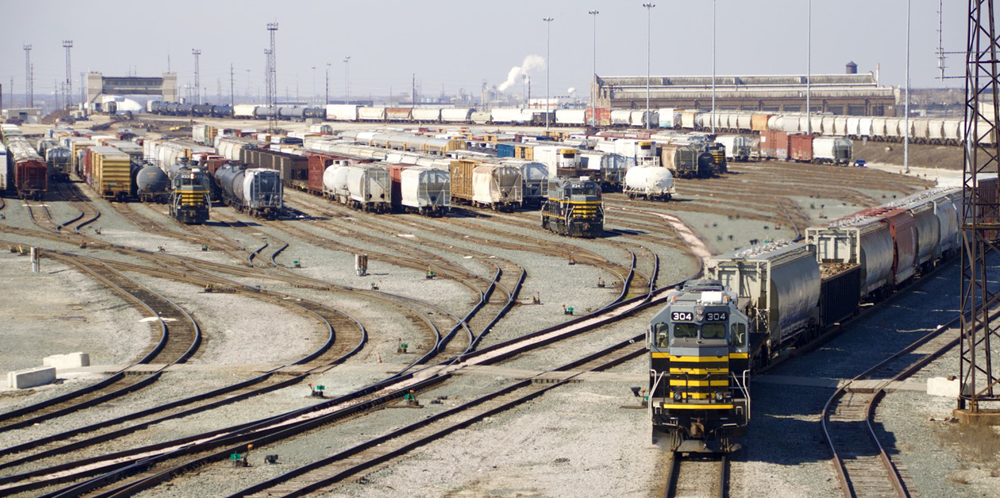More Tuesday rail news:
— Following the lead of several airlines, Amtrak says it will waive ticket-change fees for travelers wishing to change plans because of concerns over the coronavirus that has killed six people in the U.S. In a statement on its website, the passenger railroad says it will waive the fees on new or existing reservations made before April 30. Amtrak says it will “continue to monitor the coronavirus situation closely and adjust the policy as necessary.”
— The Texas Commission on Environmental Quality has told Union Pacific it must submit a revised cleanup plan for creosote contamination at Houston’s Englewood Yard by the end of August, the Houston Chronicle reports. Residents have expressed concern that a cancer cluster in neighborhoods around the yard is related to a plume of the chemical used to preserve railroad ties.
— The Metrolink station in downtown Riverside, Calif., could see $40 million in improvements to prepare for possible expansion of commuter train service. The Riverside Press-Enterprise reports that the project would add a platform and additional tracks, extend a pedestrian bridge, and enlarge the parking lot. The station changes would be in response to Metrolink’s planned SCORE (Southern California Optimized Rail Expansion) project to increase service in time for the 2028 Olympics.
— Metra has scheduled a public meeting for Thursday with residents of Homewood and Flossmoor, Ill., concerned about potential changes to the commuter railroad’s Electric District schedule. The Homewood-Flossmoor Chronicle reports the meeting at Flossmoor Village Hall, set for 5:45 p.m., will address the changes being made as Metra prepares to introduce positive train control operation on the line. Schedules must be adjusted because PTC increases the time necessary for trains to “flip,” or return in the opposite direction, after completing a run.















I found the last item in this update about positive train control slowing the turn around of METRA electric trains interesting. I live in the Philadelphia area where SEPTA was one of the first transit agencies to have positive train control active. All our commuter trains are electric mu or engine and other end cab cars trains. I do not remember SEPTA reporting having any problems requiring in time turning trains at end points. Why should an electronic based signal system take any longer to turn a train than the old system. It should just shut off the system from the one end of the train then restarting it at the other end. If there is a long time to reboot the system then they should go back to the pic manfacturer and ask why it takes so long to restart the system.